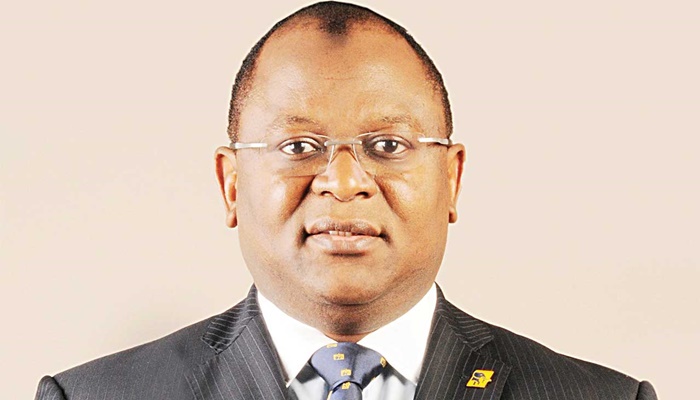
- First Bank Nigeria to offer loans at 20% interest to buy cars
- Uber plans to double driver-partners by year-end from 2,000
Uber Technologies Inc. is partnering with FBN Holdings Plc’s First Bank Nigeria to provide loans to drivers as a cash crunch in Africa’s most populous nation and a shrinking economy makes it harder for people to afford cars.
“A lot of drivers on the platform have to find somebody who can afford to buy’’ the vehicle for them and the economic situation makes it difficult, Ebi Atawodi, general manager for Uber’s Nigeria unit, said in an interview in Lagos, the nation’s commercial capital. “Usually they are working for a partner who has bought the vehicle.’’
According to Bloomberg report monitored by business247 News Online, First Bank will extend a 2.5 million-naira loan ($7,930) to each qualified driver for the purchase of a second-hand car at an interest rate of 20 percent and repayable after two years, she said. To qualify for the loan, the driver “will need to be able to demonstrate an average driver-performance rating of higher than 4.5 and have earned more than 2.4 million naira’’ in the past six months, Atawodi said.
The Nigerian economy is struggling to cope with a halving in the price of crude oil price since 2014, which eroded government revenue and impaired the ability of authorities at federal and state levels to pay salaries and stimulate growth. The economy is set to shrink 1.7 percent in 2016, according to the International Monetary Fund, which would be the first full-year recession in a quarter of a century.
First Bank will use part of its 10 billion-naira auto-credit facility to fund the Uber program, Gbenga Shobo, deputy managing director for the Lagos-based lender, said in the same interview. The bank is targeting 90 drivers at the pilot stage, he said.
Uber, which connects drivers with passengers via its smartphone application in more than 300 cities across the world, is operating in Nigeria’s capital, Abuja, and commercial hub of Lagos since it entered the West African nation’s market in 2014. It currently has more than 2,000 drivers and is targeting 4,000 by the end of this year, according to Atawodi. The company has offered over a million trips in the country, she said.






